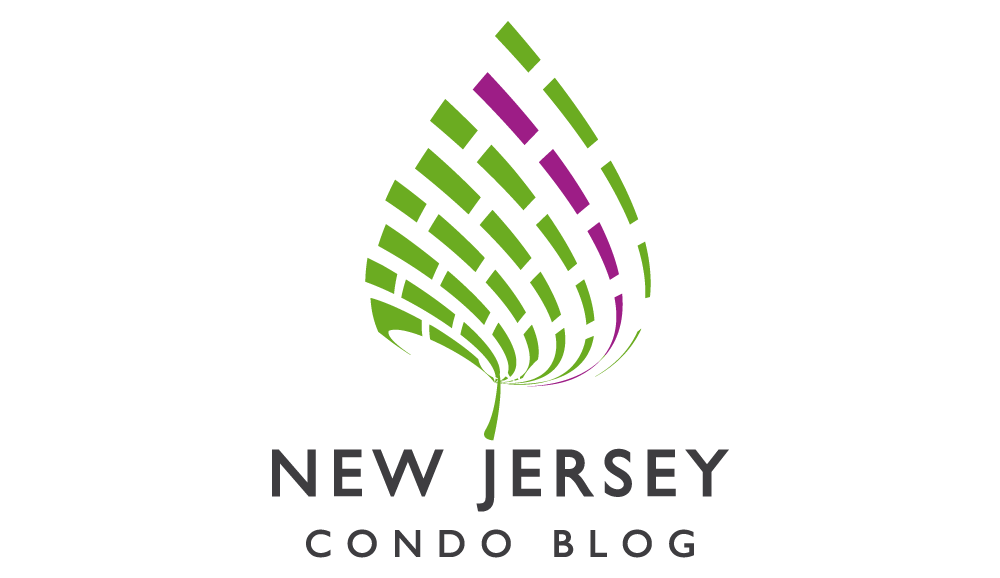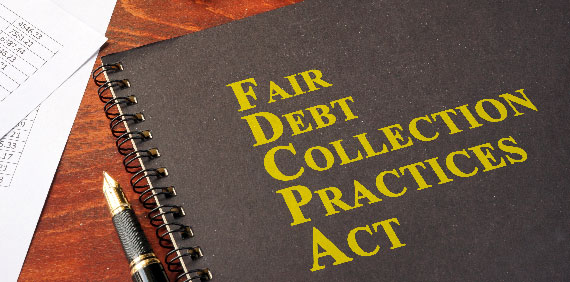New Jersey Court Rules That Beneficiary of Estate is Not Responsible for HOA Fees
In an opinion dated July 8, 2014, the Appellate Division of the Superior Court of New Jersey ruled that the beneficiary of a decedent’s estate was not responsible to pay delinquent homeowners’ association fees. Homestead at Mansfield Homeowners Association v. Mount, 2014 WL 3055898.
The matter was before the Court on appeal from a final order dismissing the association’s complaint against the residuary beneficiary for unpaid assessments.
On appeal, the association relied on N.J.S.A. 3B:1-3, which provides, in substance, that upon a person’s death, title to real and personal property vests in a devisee even before admission of a will to probate. In Re Will of Gardner, 215 N.J.Super. 578, 586 (App. Div. 1987).
Although the residuary beneficiary acquired a vested interest in the home for which assessments were due, the Appellate Division determined that the interest was not the type that would obligate the beneficiary to pay the fees. The Court noted that the interest was subject to the claims of creditors and to administration. In the matter before the Court, the home was encumbered by a reverse mortgage that was in foreclosure. Therefore, the beneficiary’s interest was subject to the claim of the creditor/ mortgagee.
Since the home was not specifically devised and, instead, fell into the residuary estate, the responsibility for assessments fell on the executor on behalf of the estate in accordance with N.J.S.A. 3B-14-23 e (1) which enumerates an executor’s responsibilities for real property that is not specifically devised.
Based, on the forgoing, the Appellate Division upheld the dismissal of the complaint for fees as against the beneficiary. A consent judgment entered in favor of the association and against the estate was left in place.




